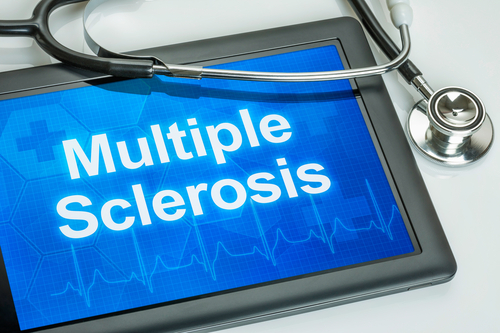Scientists Update Recommendations on MS Research
Written by |

 Several renowned scientists working on multiple sclerosis (MS) recently joined forces to discuss and highlight the progress and knowledge gaps related to MS research, the prospects of finding a cure for the disease, and a strategy to reduce the burden the disease places on patients.
Several renowned scientists working on multiple sclerosis (MS) recently joined forces to discuss and highlight the progress and knowledge gaps related to MS research, the prospects of finding a cure for the disease, and a strategy to reduce the burden the disease places on patients.
A series of articles was published by the researchers in the February issue of the Lancet Neurology journal and stress the need for better diagnosis and MS treatments.
Authors from different academic fields who share the same interest in MS research have outlined a state-of-the-art plan for MS investigation and updated information on what causes the disease to progress, its mechanisms, and the development of novel methods to conduct clinical trials.
The first article is focused on recent data concerning nervous system damage leading to progressive disability in MS, and calls for increased insight into the causes of MS disease progression. The authors Don Mahad from the University of Edinburgh, Bruce Trapp from the Cleveland Clinic, and Hans Lassmann from the Medical University of Vienna explained that progressive damage can be either caused by oxidative injury (derived from normal byproducts of bodily processes called free radicals) or by injuries to mitochondria, which are the energy-producing organelles inside cells.
In addition, the authors state that both type of injuries, believed to be initiated by MS attacks, are amplified due to alterations throughout patients’ lives. Even though there is an increased understanding about the mechanisms behind MS, there are still not enough models of the chronic stages of injuries related to the disease. The article can be read here.
Treating symptoms related to MS and rehabilitating patients suffering from them requires the evaluation of new therapies in clinical trials. Anthony Feinstein from the University of Toronto, Jenny Freeman from Plymouth University, and Albert Lo from Brown University believe that overall there have been too few studies involving only people with progressive MS, and as a result there is a lack of disease-modifying therapies for progressive stages of the disease.
[adrotate group=”4″]
Additionally, Jeremy Chataway from University College London, along with Daniel Ontaneda and Robert Fox, both from the Cleveland Clinic, debate the problem of negative results from phase III trials to evaluate new therapies in progressive MS patients. The authors provide a series of lessons and strategies to improve results, such as applying improved clinical measures of effectiveness, better trial designs, and the use of advanced imaging tools and spinal fluid biomarkers to better understand treatment benefits.
Finally, Timothy Coetzee from the National MS Society, Paola Zaratin from the Italian MS Foundation, and MS blogger Trevis Gleason give insights on the need for research partnerships, regulatory innovations, and more sustained funding for research. They also evaluate the work of the international organization Progressive MS Alliance, which has recently opened a second request for research proposals, encouraging international research partnerships. The organization has been dedicated to funding and supporting research in order to improve the lives of MS patients.
“Every time a new treatment for RRMS comes on the market, it serves to remind people with progressive multiple sclerosis that they are still waiting,” stated Alan Thompson from the University College London in his article on new MS therapies. The authors believe it is crucial to understand what causes the development of progressive MS, as well as to innovate clinical trial design.


